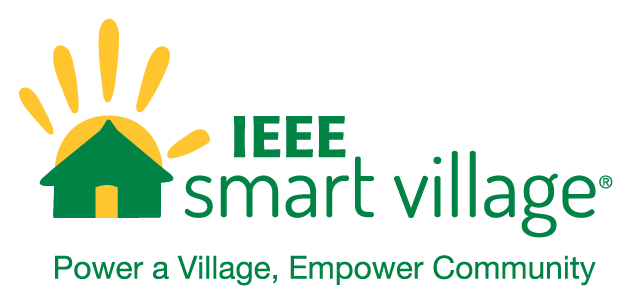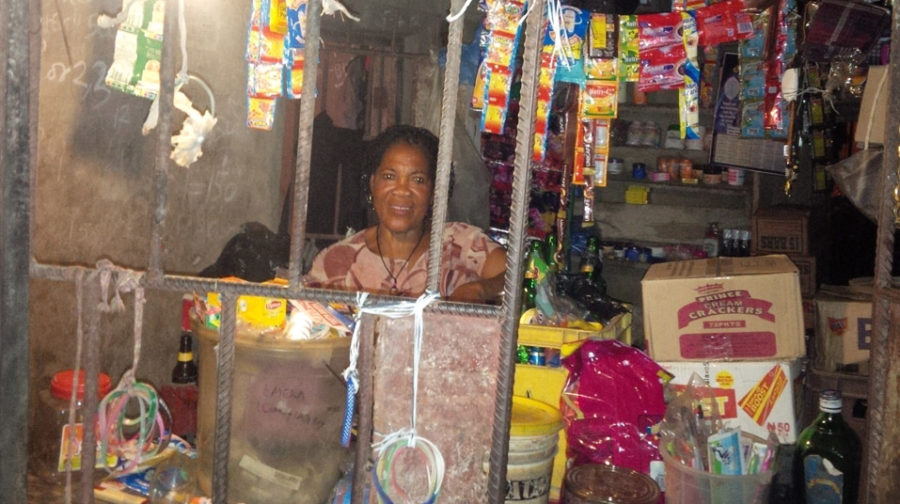Green Village Electricity – Nigeria
Nigeria is Africa’s most populous country with nearly 200 million inhabitants, roughly evenly split between urban and rural dwellers. More than 45% of the urban population lacks access to grid-delivered electricity, and this figure climbs to more than 60% rural areas – meaning that in total more than 90 million Nigerians live with access to reliable electricity.
Nigerian-registered Green Village Electricity Projects Limited (GVE) is an energy solutions provider focused on deploying clean, reliable, affordable and sustainable renewable energy solutions. Founded in 2009 by then IEEE student member Ifeanyi B. Orajaka, GVE has been widely recognized and has developed a solid working relationship with IEEE Smart Village (ISV) since that time.
Between 2012 and 2016, GVE gained a wealth of operational experience and know-how from successfully deploying and developing of six operational projects. These projects field tested and honed the technical and commercial viability of adopting renewable energy for off-grid electrification in rural Nigeria.
The first three projects were very small, totaling only approximately 25 kW. However, even at this level, by charging portable batteries they enabled such improvements as basic lighting using low power LED lamps, mobile phone charging, power for small tools and entertainment devices, and even providing electricity for a health center. These small projects demonstrated GVE’s embrace of ISV’s three pillars of sustainable development: energy, education and enterprise. The subsequent projects were a little larger, with two of them generating 24 kW and the third in Bisanti (Nigerian state of Niger) generating 37 kW. Each of these larger systems provides energy access to 200+ households, 25+ small and medium sized enterprises, and extensive market-center street lighting.
These projects have significant, positive impacts on people’s lives as described by a beneficiary: “Before now, we relied on basic local means like kerosene lanterns, candles and, at rare times….. generators to provide light. Normally, we would go to the village market center to pay and charge our phones…. I spent about 450 naira (about $2.25 USD) daily for three liters of fuel, but now I spend about 200 naira for better value. I have longer hours of electricity, without generator noise and fumes. My children can read in the evening, after school. I do not travel to charge my cell phone, which allows me to spend more business hours at my shop. The benefits are so many to count. Compared to how much I spent on fuel and alternative sources before GVE came to our community, the service is really affordable.”
Building on this experience and lessons learned, in May 2017 GVE launched an ambitious project to provide solar-based electricity to eleven, off-grid Nigerian communities. Deploying an average of 60kW per community installation, this project will serve 6,300 households – some 38,000 people – and 650 small and medium size businesses. This project will create over 1,200 direct and indirect construction jobs, 320 of which will be filled by women; once completed, ongoing support will require roughly 80 operational positions, 32 of which will be filled by women.
ISV is one of GVE’s supporting partners in this endeavor and reviews the project quarterly. Other partners include US Agency for International Development (USAID), US Trade and Development Agency (USTDA), US African Development Foundation (USADF), US Power Africa Initiative, EU-Energy Initiative, General Electric, and Schneider Electric.
Looking Ahead and How You Can Help
Based on the proven scalability of its approach, GVE has a goal to bring power to one million Nigerians over the next five years.
You can help ISV conduct this and similar life-changing projects around the world – Join Us.


